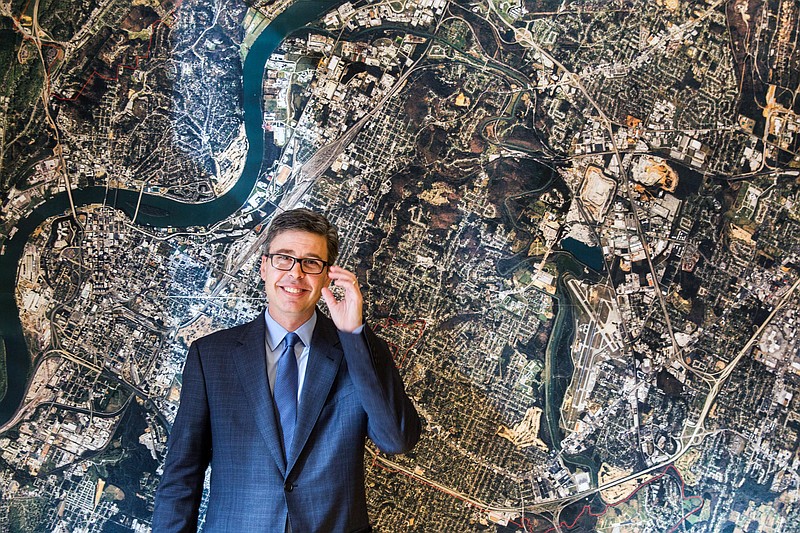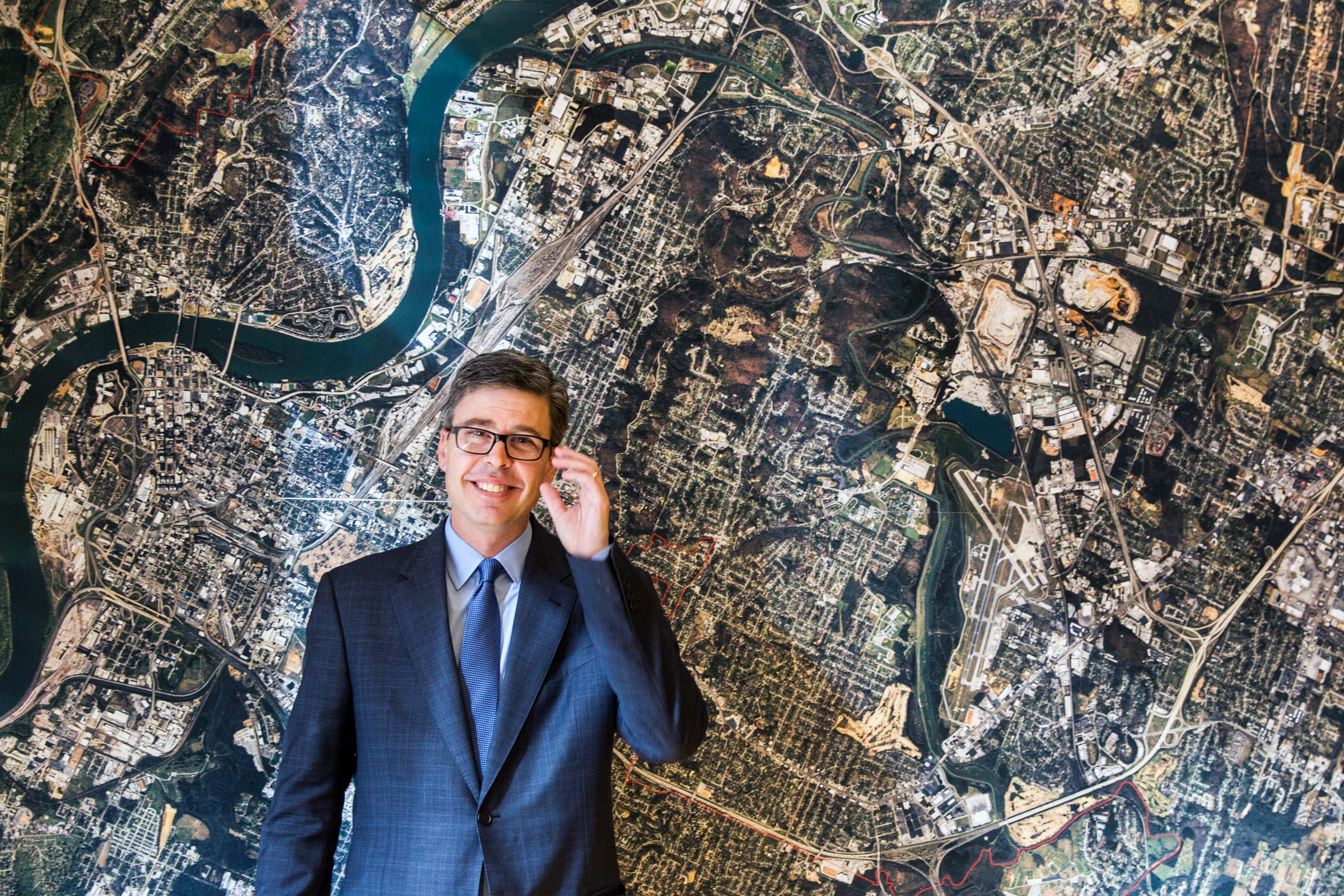But there are no billboards on these roads advertising the problems these stores bring with them.
Cash advance stores, payday lenders and title pawn businesses don't just cause serious financial harm to our most vulnerable Chattanooga families. These businesses negatively affect entire communities and our city as a whole. In neighborhoods with a dense concentration of payday lenders, neighbors experience lower property values, loss of capital investment and higher crime rates.
Key findings
Among the findings from a Pew Charitable Trust report, "How Borrowers Choose and Repay Payday Loans:" * 58 percent of payday loan borrowers have trouble meeting monthly expenses at least half the time. Most are dealing with persistent cash shortfalls rather than temporary emergencies. * Only 14 percent of borrowers can afford enough out of their monthly budgets to repay an average payday loan. On average a borrower can afford to pay $50 per two weeks -- similar to the fee for renewing a typical payday or bank deposit advance loan -- but only 14 percent can afford the more than $400 needed to pay off the full amount of these non-amortizing loans. * The choice to use payday loans is largely driven by unrealistic expectations and by desperation. Borrowers perceive the loans to be a reasonable short-term choice but express surprise and frustration at how long it takes to pay them back. * A majority of borrowers say payday loans take advantage of them but also provide relief. The appreciation for urgently needed cash and friendly service conflicts with borrowers' feelings of dismay about high costs and frustration with lengthy indebtedness.
I know this from talking to business owners and residents in these areas. New business owners simply don't want to open up shop in between title pawn shops and payday lenders. And existing businesses are reluctant to invest in their property, knowing that they may not see a return because of the prevalence of predatory lenders. This leads to capital fleeing these areas, harming economic development in our city.
It isn't just anecdotal; research backs up the stories. A 2009 study by George Washington University and California State University established that the presence of payday lenders in a neighborhood is directly associated with violent crime. Writing about the customers becoming easy marks for robberies, the researchers said that "the availability of cash in distressed neighborhoods at readily identifiable businesses, often open during evening and weekend hours, suggests a probable link between crime, particularly violent crime, and payday lending."
The proliferation of these businesses has continued for too long. During my time in the state Senate as well as my time as mayor, residents have repeatedly expressed their concern with the practice of predatory lending and especially the concentration of payday lenders and title pawn in their neighborhoods. Unfortunately, Tennessee's legislature has encouraged the growth of these industries by legalizing interest rates in excess of 450 percent and stripping local governments of the ability to regulate their business models.
While state law no longer allows local governments to protect individuals and families from the predatory practices of these businesses, it does allow cities to protect neighborhoods from the effects of concentrations of these businesses through zoning ordinances.
With this in mind, I worked with Councilwoman Carol Berz and Councilman Russell Gilbert to propose zoning legislation which would stop these businesses from flooding our streets. It states clearly that no new predatory lending business can be located within a quarter mile of another payday lender or pawn shop or within 500 feet of a residential home. By adopting this change, I hope we can stem the decline that follows a predatory lender's arrival.
Everyone knows there's no such thing as easy money. And even though easy money is exactly what payday lenders, title loansand pawn shops promise, they are a poor investment for the good of our city. With this new ordinance, which will be in front of City Council on Tuesday, we will deliver on our commitment to stronger, safer neighborhoods throughout Chattanooga.
Andy Berke is mayor of Chattanooga.

